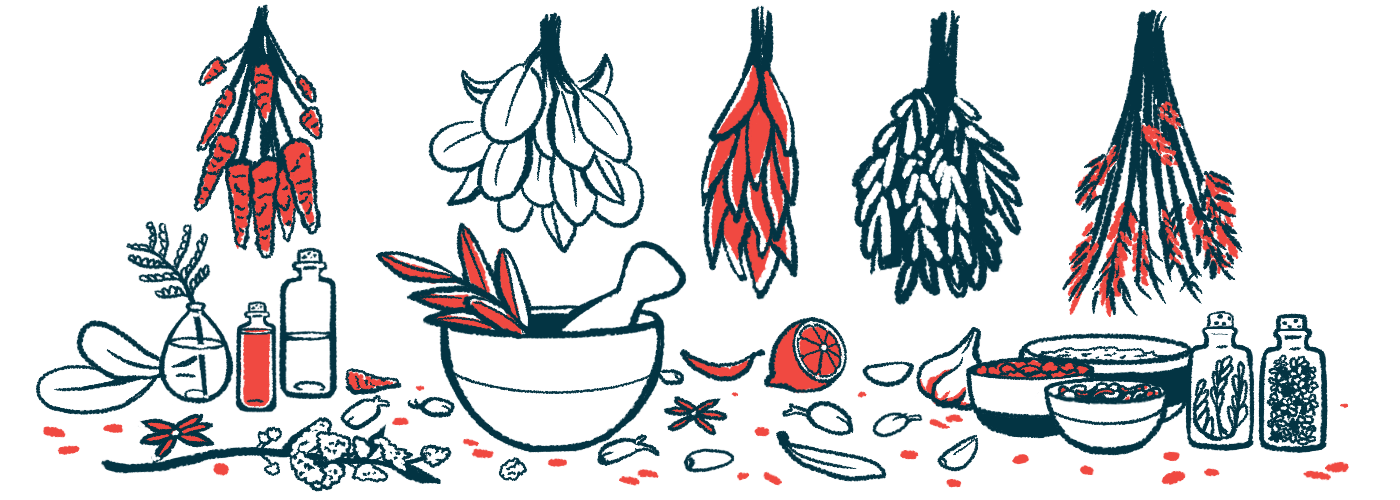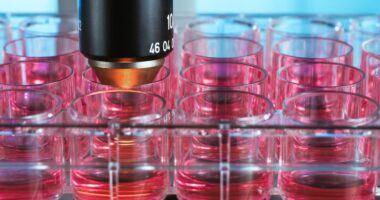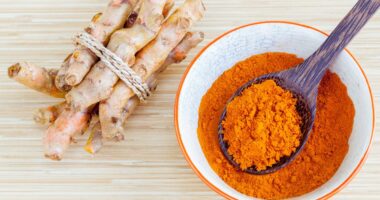Ayana awarded $300K to study benefits of saffron in Huntington’s
Goal is to ID which of spice's compounds offer strongest neuroprotective effects

Ayana Bio was awarded $300,000 from the National Institutes of Health (NIH) to sample saffron — the world’s most expensive spice — grown in a lab and identify which of its compounds offer the strongest neuroprotective effects for Huntington’s disease.
The Boston-based company will use the grant, from the NIH’s National Center for Complementary and Integrative Health, to select the best plant cells to expand growth and produce a consistent batch of the selected compounds, which will be tested on a worm model of Huntington’s.
“Saffron is a super ingredient for our brains — not just our taste buds — but it remains untapped due to its exorbitant cost,” Frank Jaksch, Ayana’s CEO, said in a company press release. “Today’s grant from the NIH is a validation of plant cell cultivation’s ability to unlock botanicals like saffron’s powerful benefits and improve health outcomes.”
Like many other neurodegenerative diseases, Huntington’s occurs when proteins in the brain fold into an incorrect shape and begin forming clumps that are toxic to nerve cells. As nerve cells become damaged and die, Huntington’s patients may experience symptoms like loss of muscle control and problems with cognitive function.
Growing evidence suggests saffron, used as a medicinal herb and spice in many countries, may protect against nerve cell damage in neurodegenerative diseases. These benefits may be related to the anti-inflammatory, antioxidant, and neuroprotective effects of its compounds.
Benefits of saffron known, but cost of spice is prohibitive
In Huntington’s, the spice may help slow disease progression. For example, in a mouse model of the condition, saffron helped to maintain body weight and functional activity, perhaps by activating antioxidant mechanisms and preventing oxidative stress.
Oxidative stress occurs when harmful oxygen-containing molecules outnumber helpful antioxidants, causing damage to cells.
Also, treatment with crocin, a compound in saffron, decreased the levels of malondialdehyde, a marker of oxidative stress, and increased those of enzymes with antioxidant activity in a rat model of brain oxidative stress.
The therapeutic properties of saffron have long been known in medicine, with a study from Spain citing paintings including the spice from the island of Santorini dated 1627 BC.
However, despite its apparent benefits, saffron remains untapped because extracting compounds from fully grown plants can be too expensive or impractical. According to Ayana, it’s estimated to take up to 170,000 flowers to produce a single kilogram (about 2.2 pounds) of saffron, usually sold for use as a cooking spice.
The worsening effects of climate change further deepen the challenges of growing saffron in the traditional way, the release notes.
Ayana, which is a plant cell technology company, aims to unlock saffron’s health benefits by growing the plant’s cells in temperature-controlled, stainless steel tanks. Besides providing a reliable source of saffron, growing plants from cells bypasses traditional agriculture’s limitations like water, soil, and climate, thereby ensuring consistent quality.
The company has developed a six-step process to produce quality compounds from plants. First, it sources and grows authenticated plants in the lab. Then, it samples parts of the lab-grown plants, such as the flowers, to identify the types of cells that produce the compounds of interest.
The plants are fed a blend of micronutrients to ensure optimal growth in the lab, and then are tested for production of the compounds of interest. Each type of cells is grown separately under the best conditions. Finally, growth is scaled up so that the compounds can be extracted or isolated in sufficient amounts.
Earlier this year, Ayana entered a collaboration with Wooree Bio to produce lab-grown saffron and other biologically active ingredients for health and wellness products in South Korea.







